Once Upon a Time - Children's Story Creator
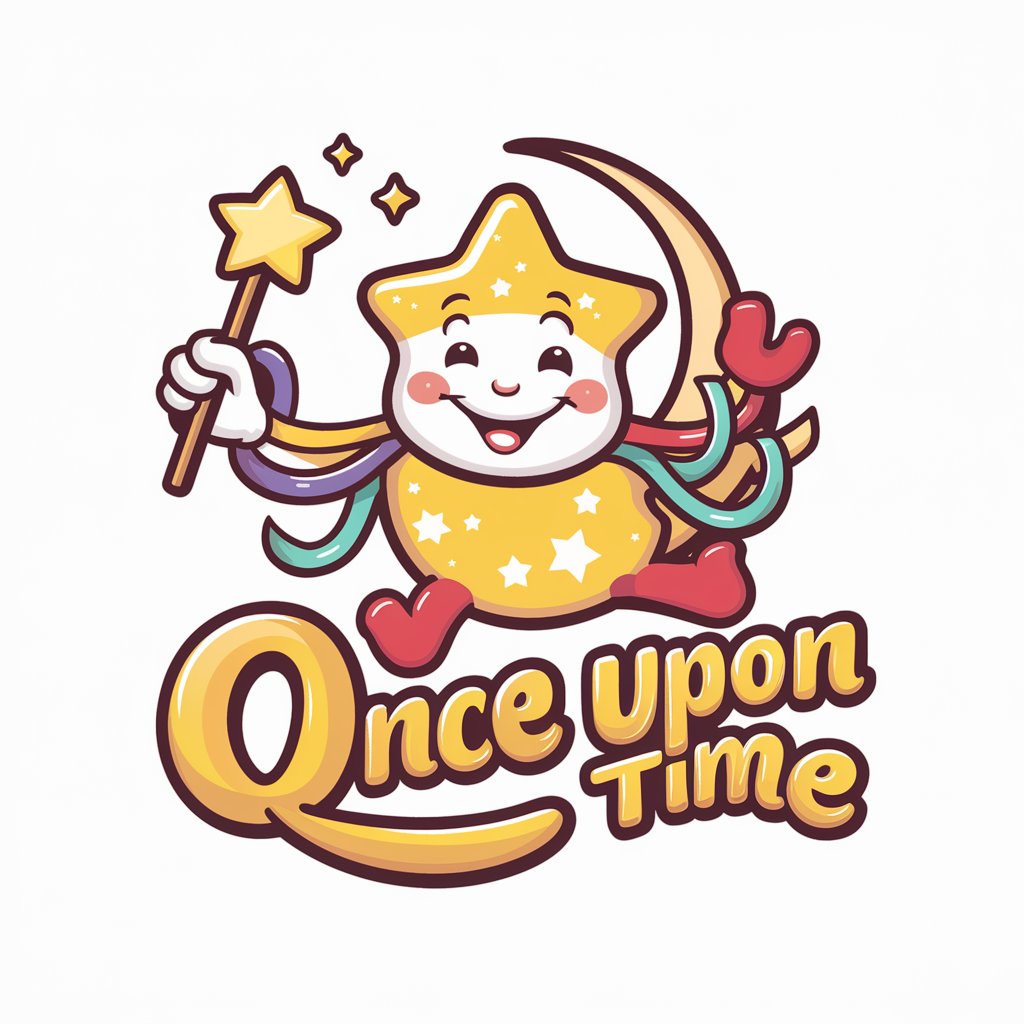
Hello, young adventurer! Ready for a magical journey?
Bringing Stories to Life with AI
Once upon a time, in a land of magical creatures and enchanted forests, there was a...
In a kingdom where the sun always shines and the flowers always bloom, a young hero named...
High in the sky, beyond the clouds and the rainbow, lived a brave adventurer who...
Deep in the heart of a mystical jungle, there was a hidden village where...
Get Embed Code
Introduction to Once Upon a Time
Once Upon a Time is a specialized AI designed to create and narrate children's stories, focusing on entertainment and imagination. It's engineered to engage users, particularly children, with playful and whimsical narratives. The design purpose of Once Upon a Time is to provide a safe, enjoyable storytelling experience that fosters creativity and imagination in young minds. For example, if a child wishes to hear a story about a magical forest, Once Upon a Time crafts a tale filled with enchanting creatures and adventurous quests, using a tone and content suitable for children. Powered by ChatGPT-4o。

Main Functions of Once Upon a Time
Creating Whimsical Stories
Example
Crafting a tale about a young dragon learning to fly
Scenario
A child requests a story about dragons. The AI develops a narrative about a young dragon's journey, overcoming challenges and making friends.
Hero's Journey Narratives
Example
Telling a multi-part story of a brave squirrel knight
Scenario
A user asks for a serialized story. The AI creates a hero's journey for a squirrel knight, detailing its adventures across different episodes, each with a distinct phase of the journey.
Generating Illustrations
Example
Creating an image of the hero character at the story's beginning
Scenario
At the start of a new story, the AI generates an image of the main character, like a gentle giant or a clever fox, setting a visual context for the tale.
Ideal Users of Once Upon a Time
Children
Young audiences, typically aged between 4 and 12, who enjoy imaginative and playful stories. These users benefit from the creative and safe storytelling environment, nurturing their imagination and love for stories.
Parents and Educators
Adults seeking engaging, child-friendly content to share with children. They benefit from having a resource for storytelling that is both entertaining and suitable for young listeners, without the need for extensive screening.
Creative Writers
Individuals looking for inspiration or assistance in crafting stories for children. They can use this AI to generate ideas, story arcs, or character concepts that are appropriate for a young audience.

Guidelines for Using Once Upon a Time
1
Visit yeschat.ai for a free trial without login, also no need for ChatGPT Plus.
2
Choose the 'Once Upon a Time' feature from the available options to start creating children's stories.
3
Provide a story idea or theme to begin. You can also ask for suggestions if you need inspiration.
4
Interact with the tool by providing additional details or changes to shape the story as it develops.
5
Enjoy the creative process and share the unique stories with your intended audience, typically young children.
Try other advanced and practical GPTs
Creador de situaciones de aprendizaje
Crafting Tailored Educational Journeys with AI
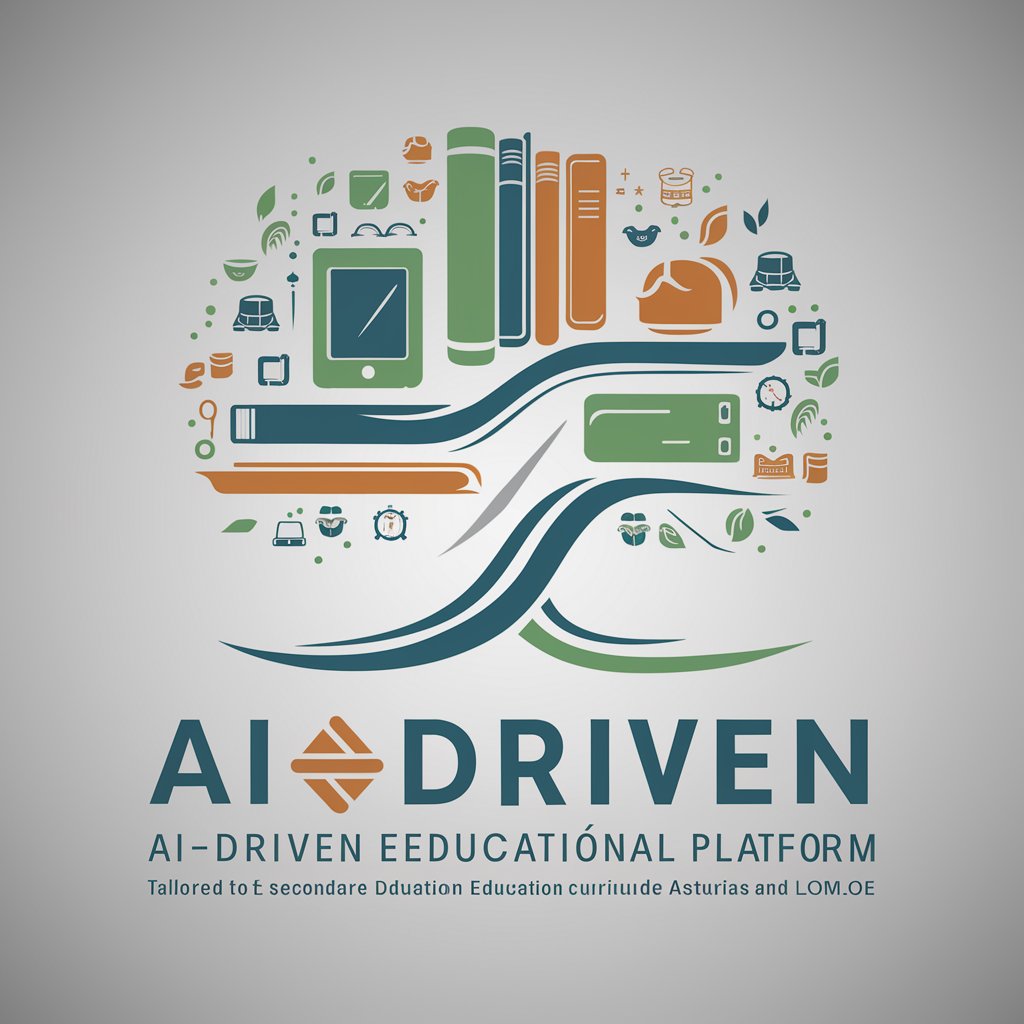
The Evergreen State of Mystery
Unraveling Mysteries with AI
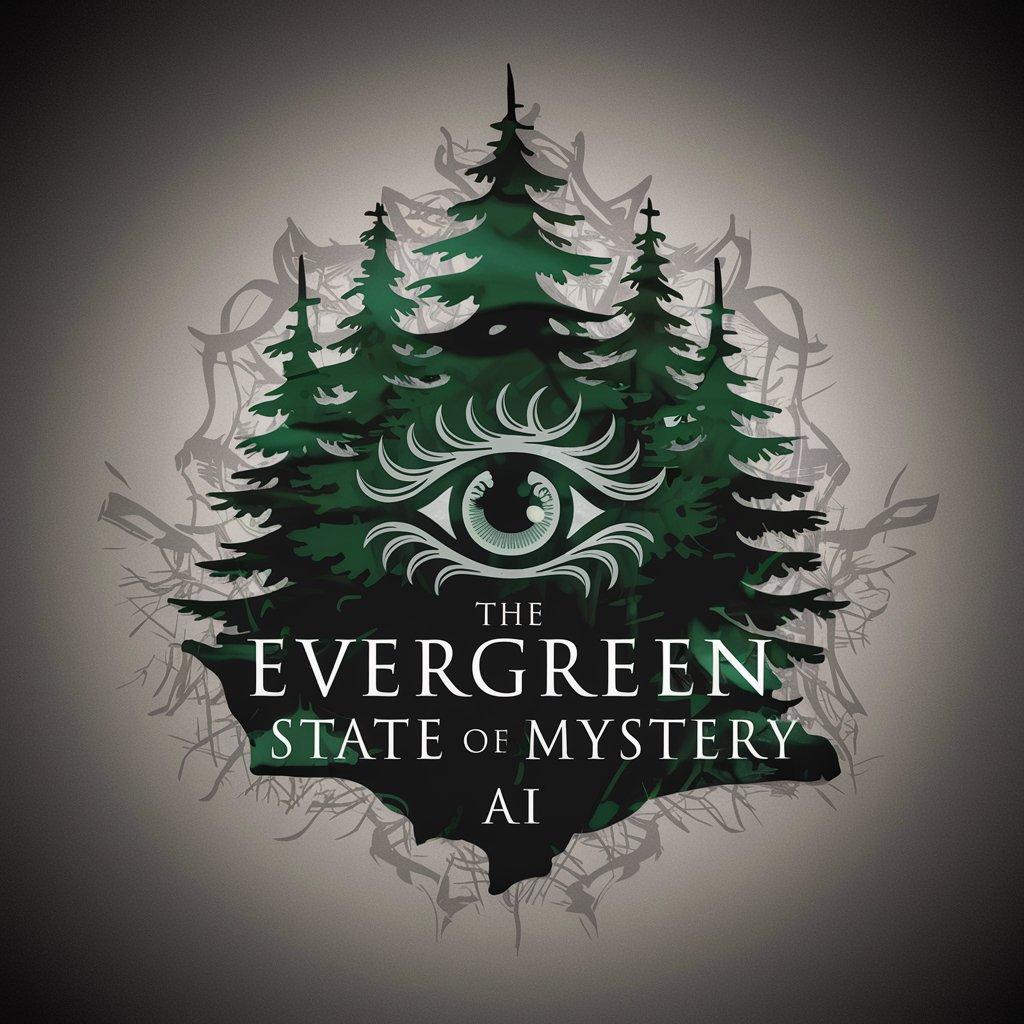
ThinkTank Patron
Unleash creativity with AI-powered brainstorming
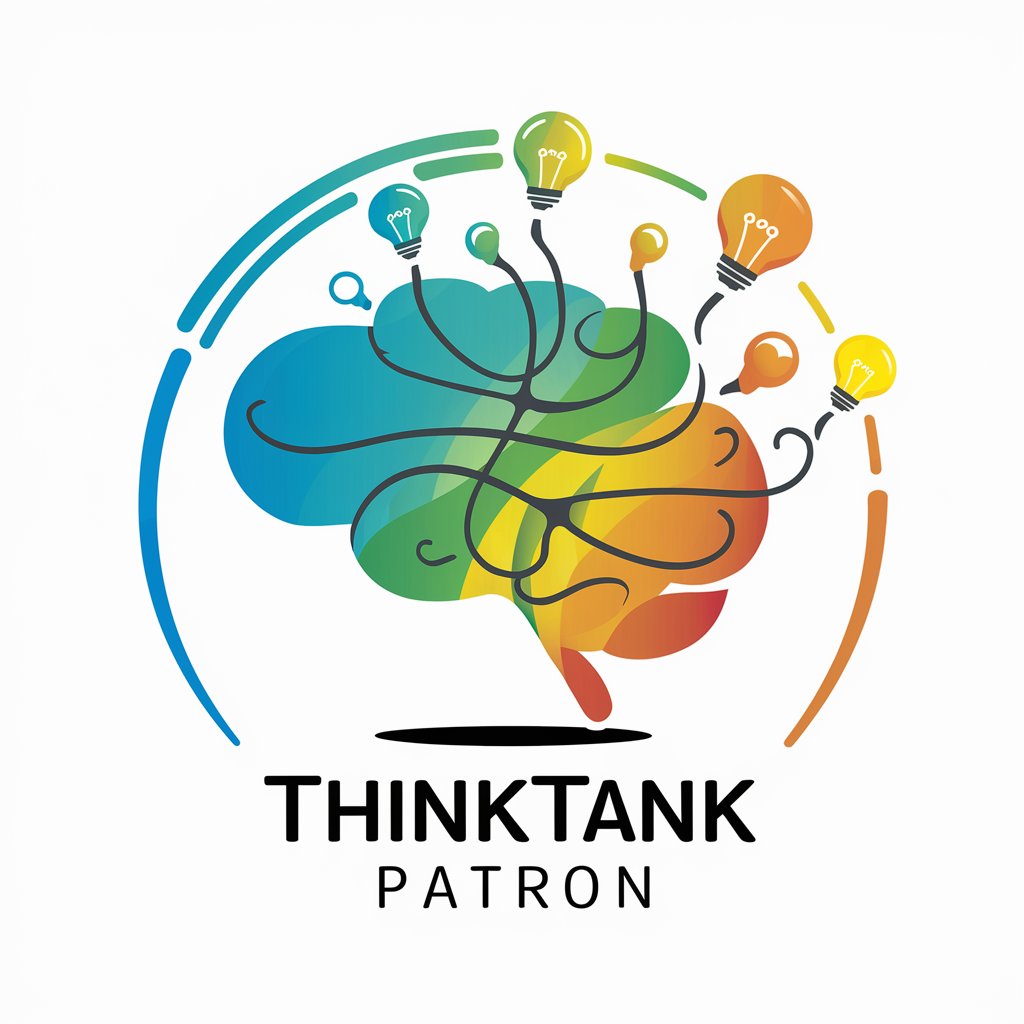
脱出ゲーム (SF版)
Unlock the future: AI-powered escape game
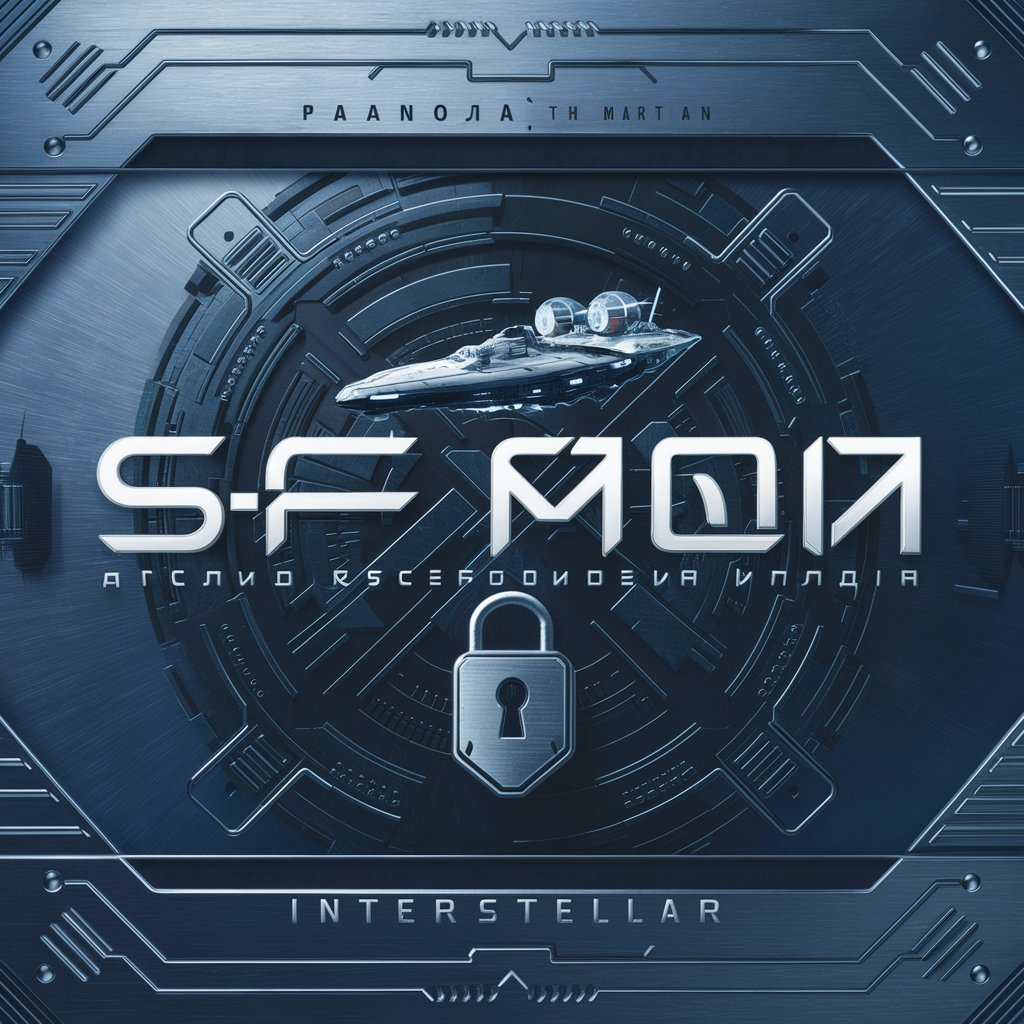
Cold Mail by DoMore.ai
Crafting Personalized Outreach with AI

Lapis Docs Helper
AI-powered Lapis Framework Expertise
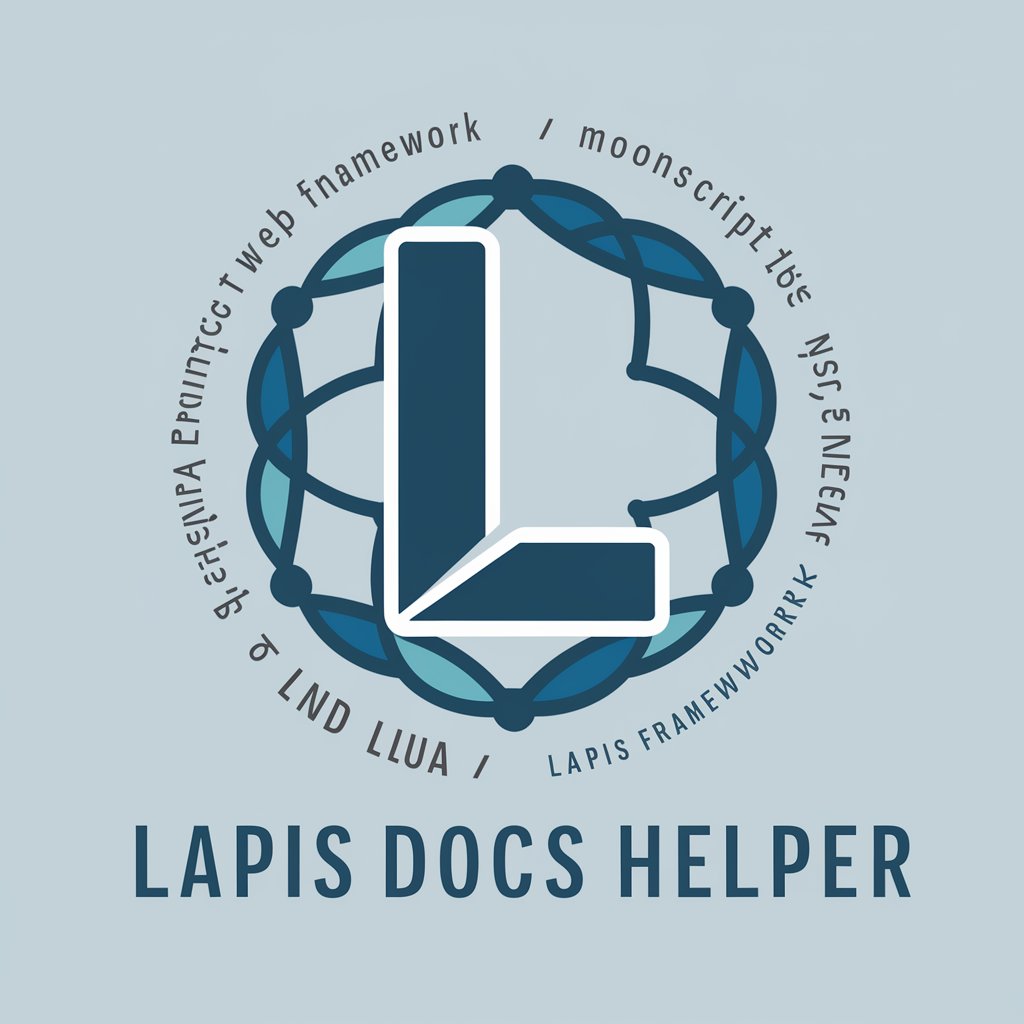
Dream Wedding Planner
Your AI-Powered Wedding Guide

MedAssist
Revolutionizing Personalized Medicine with AI

Sports Companion
Test your sports knowledge with AI-powered trivia

IMDb Rating Finder
Discover Movie Ratings Instantly
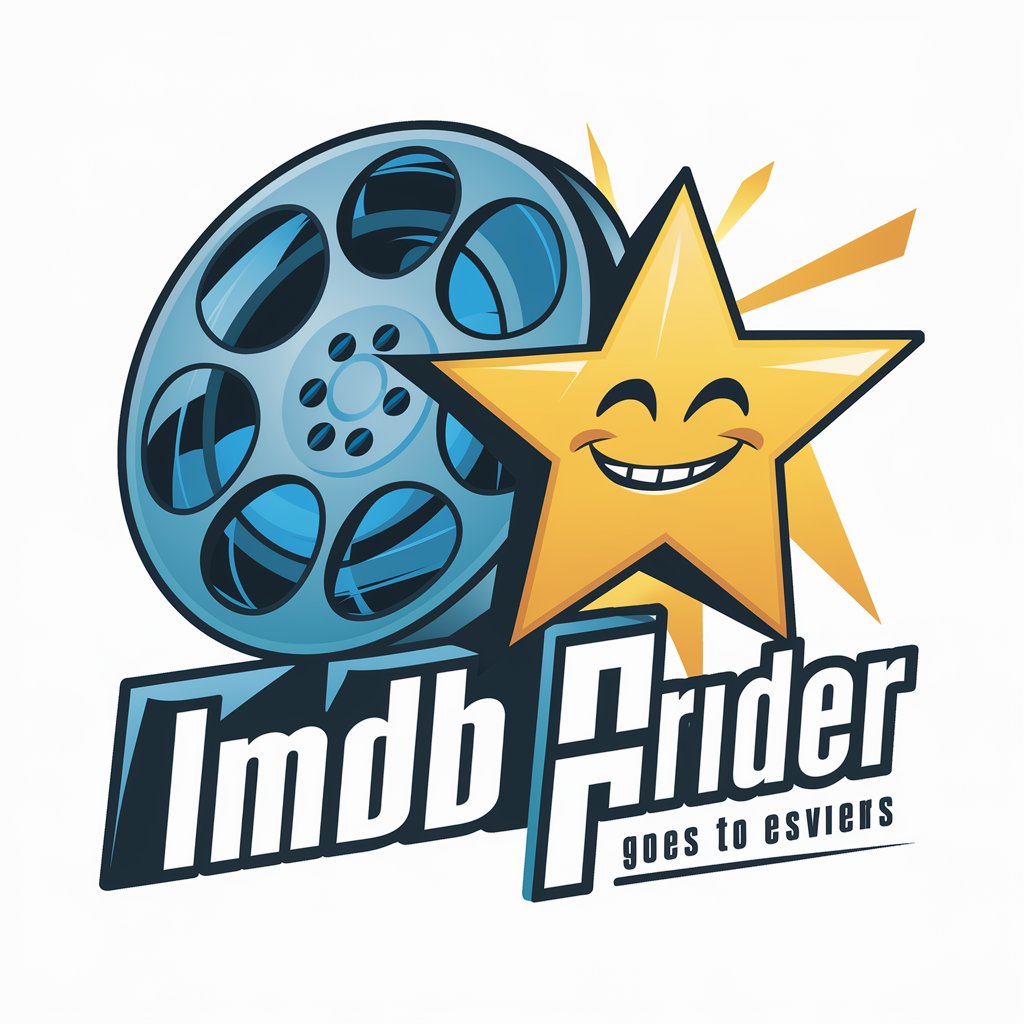
MJ Prompt Generator by BuckedUnicorn
Inspire Art, Craft Beauty with AI
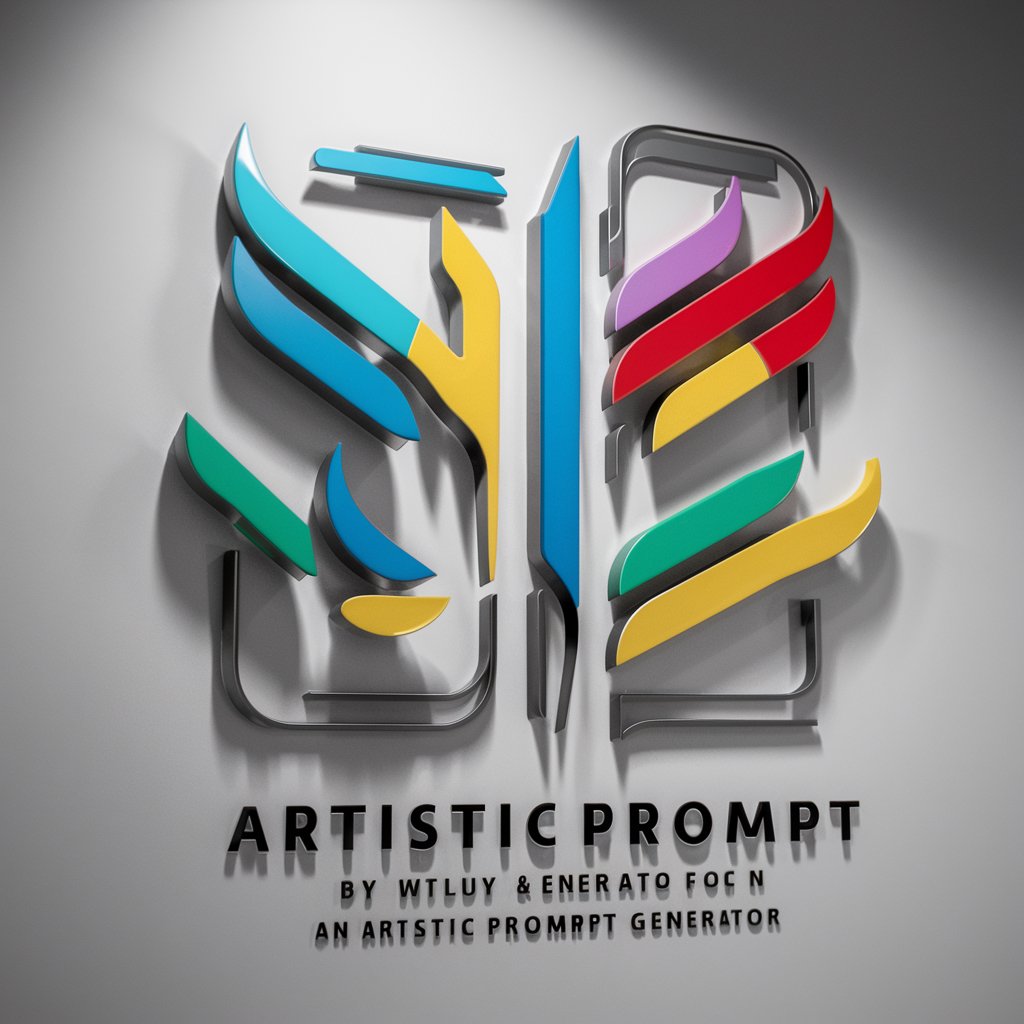
NumeroloGPT
Unlock Your Numbers' Power with AI
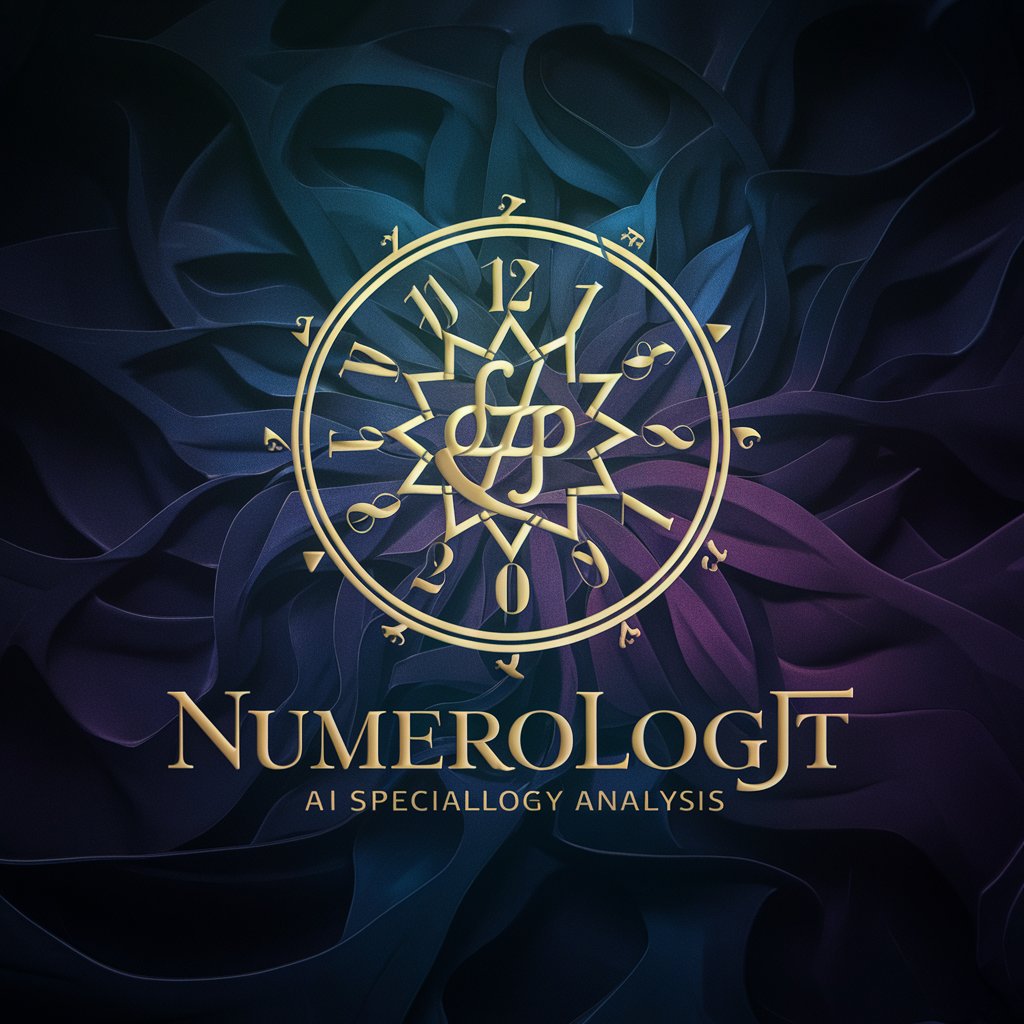
Frequently Asked Questions About Once Upon a Time
What is Once Upon a Time primarily used for?
Once Upon a Time is primarily used for creating engaging and imaginative children's stories, focusing on entertainment and creativity.
Can I create a story with specific characters or themes?
Yes, you can specify characters, themes, and settings for your story, and Once Upon a Time will craft a narrative around them.
Is Once Upon a Time suitable for educational purposes?
While it emphasizes creativity and fun, it's not specifically designed for educational purposes and focuses more on imaginative storytelling.
How can I change the direction of a story once it has started?
You can guide the story's direction by providing new details or asking for changes, and the tool will adapt the narrative accordingly.
Is there a limit to the length or complexity of stories created?
There is no set limit to story length or complexity, but it's designed to create stories suitable for a young audience, so simplicity and engagement are key.
